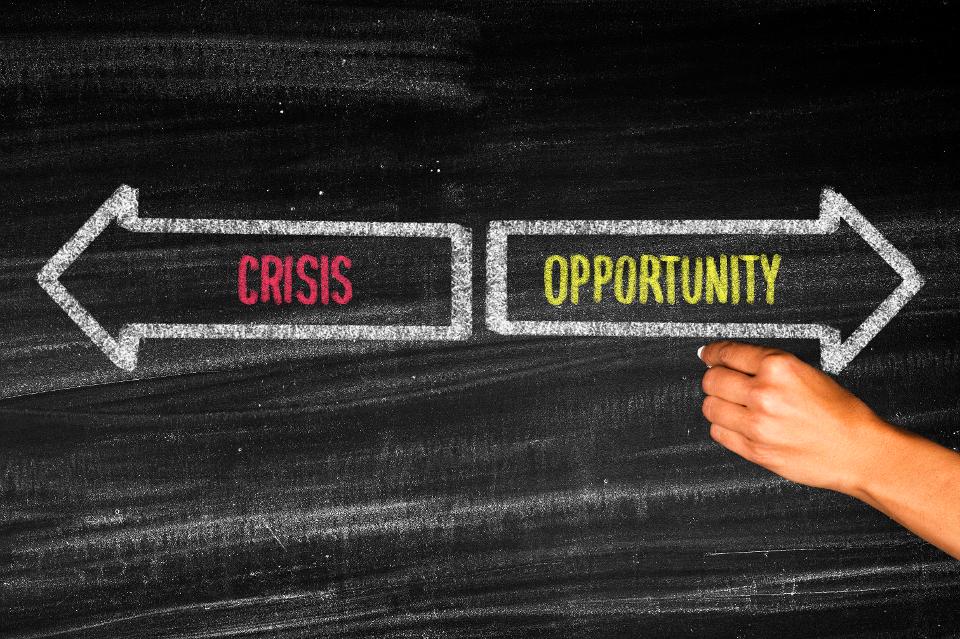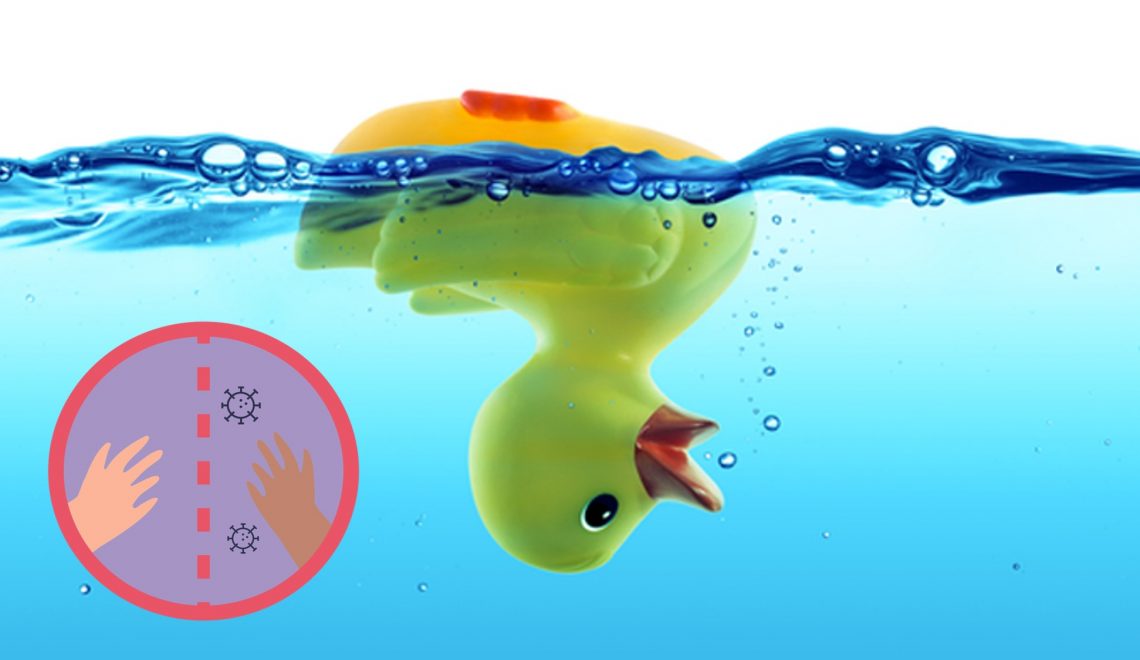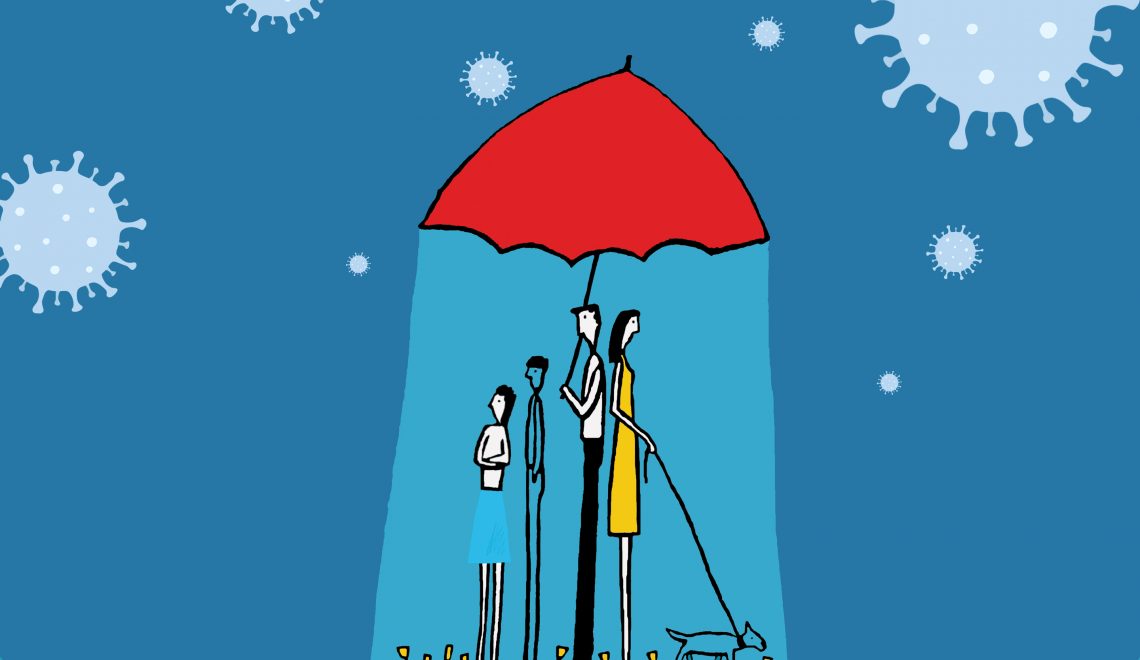
A travelled man is a learned (wo)man. (S)He learns on the outward journey and also learns on the return journey. Only that these days travel is virtual, instant and in real time. That’s how I came to learn the new word ‘crisistunity’ – from a virtual seminar held by a group of researchers and entrepreneurs separated only by geography but all in one virtual space.
The convener asked participants to comment on how the crisis had affected them and how they were planning to reconfigure their businesses in the post Covid-19 era. One of the entrepreneurs then pointed out that as far as she and her colleagues were concerned, this was a crisis with several opportunities for them to reinvent their model. They were looking at it as situation in which they were faced by abnormal conditions but needed to take advantage of the opportunities presented.
This comment shifted my mind back to when I had been requested by Lukaya Rotary Club to participate in their fellowship and talk about personal economic recovery in the post Covid-19 era. The opportunity to address the club was lost because of a crisis, occasioned by inability of the club to prepare beforehand and host the virtual engagement. Had we held the engagement, this is what I had proposed to say the to the Rotarians.
First and foremost, we are experiencing a paradigm shift. A new normal in which those who were able to take advantage of digitization would be the first to the tape. Time and distance are no longer important because of the capabilities being proffered by artificial intelligence and virtual networks. We are now truly in a global village, in which the discipline of business practice would separate the losers from the winners. In virtual space, either you kept time or you were toast. A universal standard of business practice was emerging and we needed to get up to the mark.
The second thing would be response to the paradigm shift. Those who undergo a rapid culture change will be the winners. How fast we navigate the change curve is going to be important. Like many others in Africa, we were still in the denial stage of the change process. We needed to unlearn and relearn what counts in this new age. Our culture change will involve learning new skills that were not taught in school. Things like critical thinking, creativity, collaboration and creativity in addition to ICT skills. The days of resource inefficiency when we prepared large feasts on the basis of every flimsy excuse are gone. That applied to both the public and private sector. More so in these days social distancing when everyone is a potential Covid-19 carrier. We need tocommit social suicide and give up the ways of yesterday. That, applies to the State, firms and individuals.
Third and most important then, what are the ways in which we ( and our businesses) can recover from the post Covid-19 ‘crisistunity?’ That depends on how reliable or business and social networks are. We needed to engage these networks to redefine our business and social contracts. From the bank, to the employer to the market woman who sells us food, we needed to come to an understanding that we have to share our wins and losses. We need to build networks of trust. We also need to adopt to using technology in our businesses as much as possible. Living in virtual space means we must now become good time managers. From running meetings to ordering and paying for goods, those who adopt new ways of managing will become more resource efficient and resilient. Tomorrows’ opportunities and hustle require seeing the shape of things and acting in an agile manner. A virtual meeting with Rotarians is also about the digital divide. They are part of a minority. The majority here do not have virtual offices, data or hardware to navigate the paradigm shift. What is our game plan?
Samuel Sejjaaka is Team Leader at MAT ABACUS Business School. Twitter @samuelsejjaaka



